News
‘C’River Got N1.7bn’ …Delisting As Oil Producing State
The Cross River State Government received the sum of N1.7bilion in June from the federation Account following its delisting as an oil producing state.
The Governor, Liyel Imoke disclosed this while receiving members of the children’s parliament during the international Day of the African Child celebration in Calabar
He said that of the amount N1.2billion was spent on salaries, N.3 billion to run the government while N.2billion was spent on infrastructure.
The governor observed that the only way out of the financial quagmire was for corporate bodies and citizens to pay their taxes to help in the provision of qualitative education for the children.
Imoke said that issues of street children should be handled collectively because a lot of children and parents do not know their rights, stressing that it is annoying to see children hawk as government would take punitive actions against parents or guardians who allow their children or wards to hawk on the street.
He disclosed that government intends to give mission schools some subventions to enable them provide infrastructure, but will not extend same to private schools and warned that private schools that do not meet Cross River Standard in Education will be closed down because they are expected to give good value for money collected.
The Governor said the State spends about N5 billion on the renovation of the first 60 secondary schools across the state excluding the provision of furniture, while the Special Education Centre in Calabar has been captured under 2006 renovation programme of UBE which Ministry of Social Welfare will also intervene, assuring that government will continue to keep promise made as it intends to undertake its programmes in phases
Imoke remarked that he was encouraged by the children’s performance and presentation which shows that there is hope for the country and congratulated those that participated in the interactive session because they have the right to ask questions.
Mrs Obioma Imoke wife of Governor Liyel Imoke in a welcome address, said the International Day of the African Child was inaugurated by the African Union (then Organization of African Unity) in 1991 to commemorate the killing of African children in Soweto, South Africa during a demonstration in 1976.
Mrs. Imoke, who was represented by Mrs Glory Efiok Cobham wife of Mr. Efiok Cobham, Deputy Governor called on stake holders to ensure the survival of children as well as engage in the fight against all forms of child abuse, adding that the state’s programme on A State Fit For A Child (asfac) has achieved tremendous success as the governor was one of the first persons to have responded to the plight of children because the challenge posed by the out come of an investigation carried out by asfac
revealed the need to invest in the child, adding that asfac in collaboration with the Ministry of Women Affairs had rehabilitated many children.
Mrs. Imoke disclosed that a lot of programmes were earmarked for children across the state on varied issues of interest, adding that no amount spent on a child should be regarded as a waste because such an investment prepares them to be what they will become in future while urging parents to pull resources for the good of the children.
Mr. Endurance Agbo, Speaker of the Cross River Children’s Parliament commended the governor on the passage of the Child Rights Act into Law and his wife for initiating A State Fit For A Child (asfac) while calling on Stake holders to key into it to get it right.
Agbo urged the State government to publish the Child Rights Law for everyone to understand it as well as translate it into the local dialect.
Highlights of the celebration included an address by Master George Urunwoke, winner San Marino Award 2008, mock session by the Children’s parliament, Poetry by Hope Leaders Children Foundation, Calabar and a dance sketch by Young African Stars, Enugu,
News
May Day: Labour Seeks Inclusiveness In Policy-making
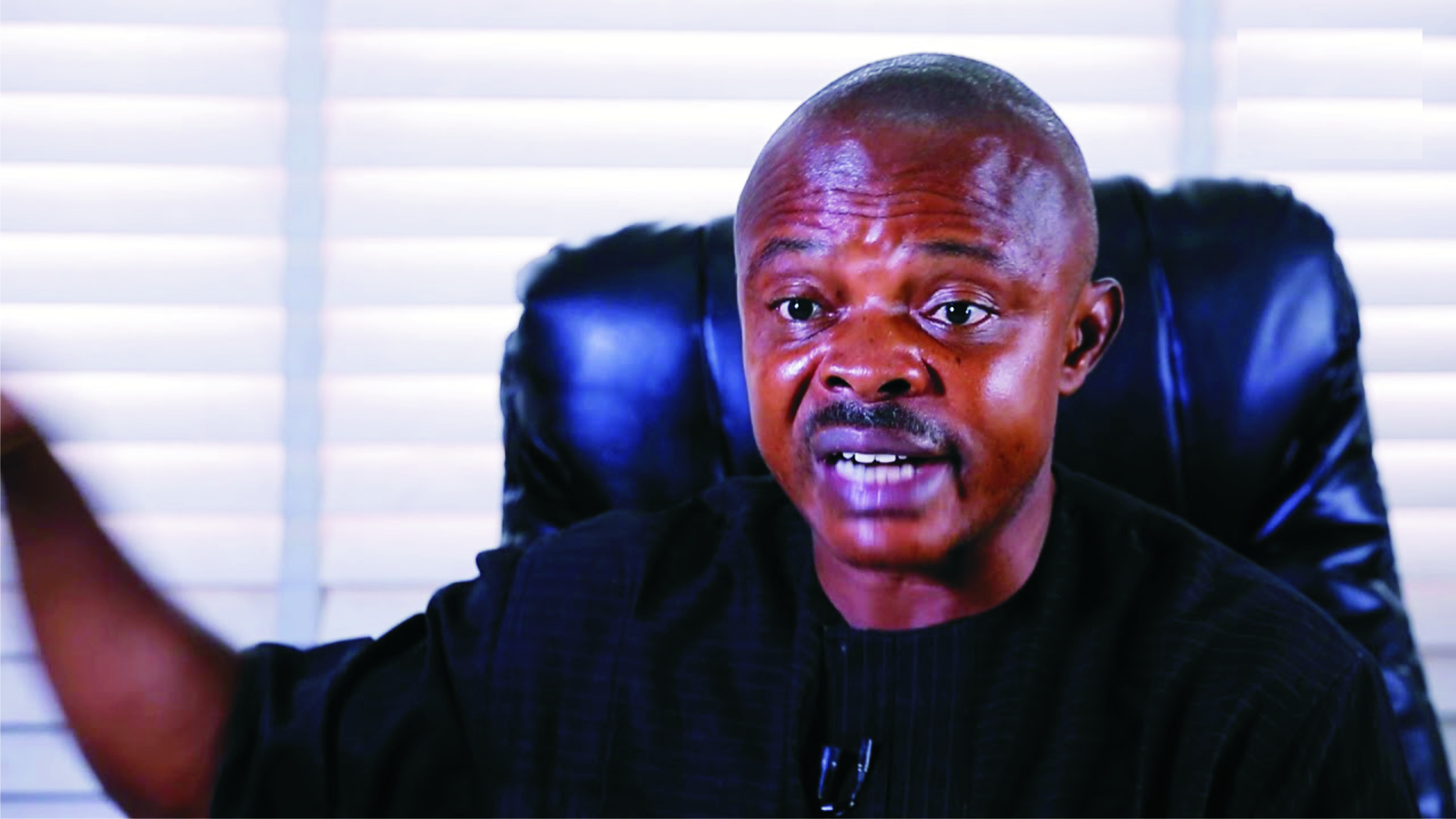
The Organised Labour yesterday, called on the Federal Government to ensure inclusiveness in policy making and guide against erosion of rights, such as free speech and association.
The President, Nigeria Labour Congress (NLC), Mr Joe Ajaero made the call at the 2025 Workers’ Day celebration held at the Eagle’s Square, Abuja.
The Tide source reports Ajaero and the President, Trade Union Congress, Mr Festus Osifo delivered a joint statement on behalf of the organised labour at the event.
Ajaero described May Day as, not only a moment to honour workers’ sacrifices, but also a platform to demand justice and accountability from those in public office.
He frowned at the alleged suppression of protests, and the erosion of rights of workers by some agents
According to him, workers have a duty to resist economic injustice, insecurity, and policies that undermine their dignity.
Speaking on the theme of the day, the NLC President underscored the need for Nigerian workers to reclaim the civic space and resist policies that contribute to worsening economic conditions.
“Our theme this year – “Reclaiming the Civic Space in the midst of Economic Hardship – reflects the urgent need for citizens to protect democracy and push back against repression.
“The civic space, where Nigerians express their concerns and challenge injustices is shrinking.
“If we fail to reclaim this space, the foundation of our democracy risks collapse,” he said
Ajaero, therefore, urged workers to unite and resist division, fear, and despair.
He also urged them to mobilise and organise for change, declaring that the right to demand better conditions is non-negotiable.
“Without workers, there is no society; without labour, there is no development. We must take our place in the fight for economic justice and democratic governance.”
Speaking in the same veins, Osifo said workers are the backbone of the nation—the educators, healthcare providers, builders, farmers, and innovators who sustain its economy -.
He stressed the need for the labour to reclaim the civic space even in the midst of economic hardship.
News
2025 UTME: JAMB Disowns Site Requesting Payment From Candidates

The Joint Admissions and Matriculation Board (JAMB) has disassociated itself from a fraudulent site requesting payments from candidates who missed the ongoing 2025 Unified Tertiary Matriculation Examination (UTME).
The board said that the site, “Copyrightwriter Personal J Rescheduling Flw” and account number 8520641017 at Sterling Bank, associated with it, are scam.
The disclaimer is contained in a statement made available to newsmen in Abuja on Thursday by the Board’s Public Communication Advisor, Dr Fabian Benjamin.
Benjamin said the account is being exploited to defraud unsuspecting candidates who missed their UTME.
“We issue this urgent notice to inform the public about this nefarious scheme targeting candidates who were unable to participate in the UTME.
“Some unscrupulous individuals are deceitfully soliciting payments of N15,700 under the false pretence of offering rescheduling services for the examination.
“Let us be unequivocal: this, it is a blatant scam, and we are confident that the public will not fall prey to such cheap and regressive tactics.
” The individuals behind this scam have no affiliation with JAMB or any legitimate government agency.
“The account details provided in these communications are entirely fictitious and bear no connection to any official processes; they exist solely for the purpose of perpetrating fraud,” he said.
Benjamin called on Sterling bank to take immediate and decisive action against this criminal activity.
According to him, JAMB has reported the matter to the relevant security agencies and actively pursuing those responsible for this deceitful act.
He further said that “JAMB does not reschedule examinations for candidates who miss their scheduled tests due to reasons unrelated to the Board’s actions”.
He, however, said that the Board is conducting a thorough investigation for candidates whose biometrics failed during verification and were thus unable to sit for the examination.
He said those without discrepancies would be invited to retake the examination at no cost , stressing that “no cost is required”
“It is imperative to understand that JAMB does not charge any fees for examinations after a candidate has completed their registration.
“We strongly urge all candidates to remain vigilant and not to succumb to these fraudulent schemes.
“Protect yourselves and report any suspicious activity immediately,” he explained.
News
NDDC Seeks UN’s Support To Accelerate Niger Delta Development
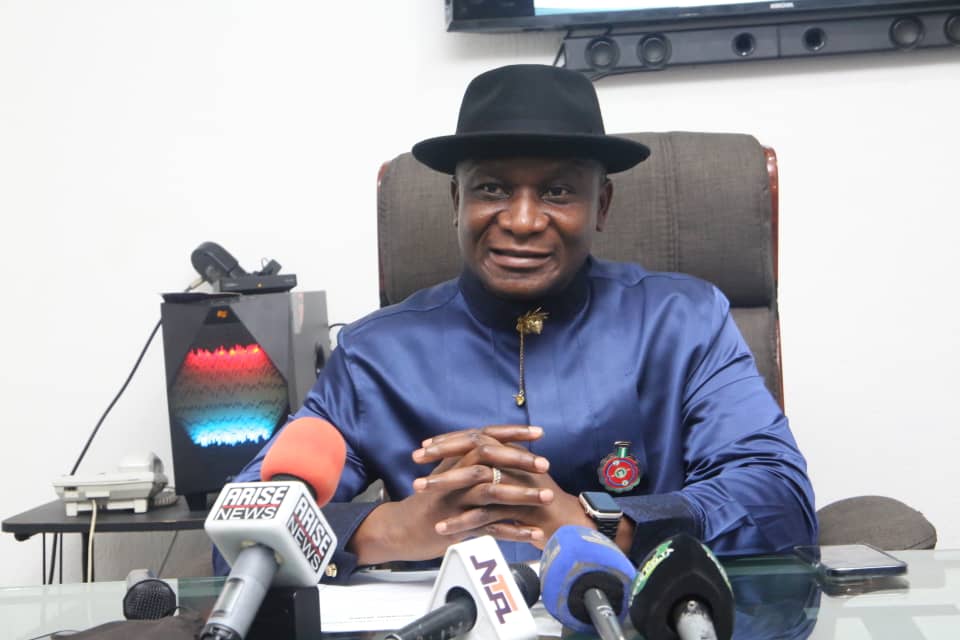
The Niger Delta Development Commission (NDDC) has expressed its willingness to partner with the United Nations (UN) to accelerate the development of the Niger Delta region.
Dr Samual Ogbuku, Managing Director of the NDDC, made the appeal in a statement issued by the commission’s Director of Corporate Affairs, Mrs Seledi Thompson-Wakama, in Port Harcourt on yesterday.
According to the statement, Ogbuku sought the UN’s support during his visit to the UN Resident and Humanitarian Coordinator (UNRHC), Mr Mohammed Fall, at the UN regional office in Abuja.
He called on the global body to provide the NDDC with technical assistance and expert services to support the region’s development.
“We are eager to collaborate with the UN, recognising that the state governments in the region and the NDDC alone cannot achieve the level of regional development required,” he said.
Ogbuku identified key areas where support would be needed, including the provision of portable and affordable drinking water powered by high-tech solar energy sources.
He also highlighted the importance of reforesting the mangrove swamps, which have been severely damaged by decades of environmental degradation caused by oil exploration in the Niger Delta.
“Although the NDDC has made progress in providing solar-powered streetlights across the region, we still require UN support in delivering solar energy solutions for residential buildings.
“We also wish to explore the possibility of installing solar mini-grids in homes across communities, which would boost local commerce and trade,” he added.
The NDDC managing director further appealed for increased UN involvement in areas such as healthcare, education, youth training, gender development, and food security.
Ogunku stated that such interventions would significantly enhance the standard of living in the region.
In response, Fall affirmed the UN’s readiness to collaborate with the NDDC to fast track development in the Niger Delta.
He assured that the UN would support initiatives in food security, job creation, education, and renewable energy, among other areas.
“We aim to approach development in the Niger Delta holistically, rather than focusing solely on environmental pollution.
“This is merely an entry point; however, the UN’s development vision aligns with the Sustainable Development Goals (SDGs), which are designed to positively impact various aspects of people’s lives,” Fall stated.
He assured the NDDC of continued and fruitful engagements to drive the region’s development.
-
Politics3 days ago
Gunmen Disrupt Political Rally In Bayelsa ….As Turnah, Others Emerge New Associates’Leaders
-
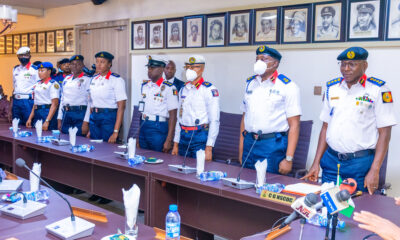
 Rivers3 days ago
Rivers3 days agoSecurity Agencies Engage Rivers Communities On Pipeline Protection
-
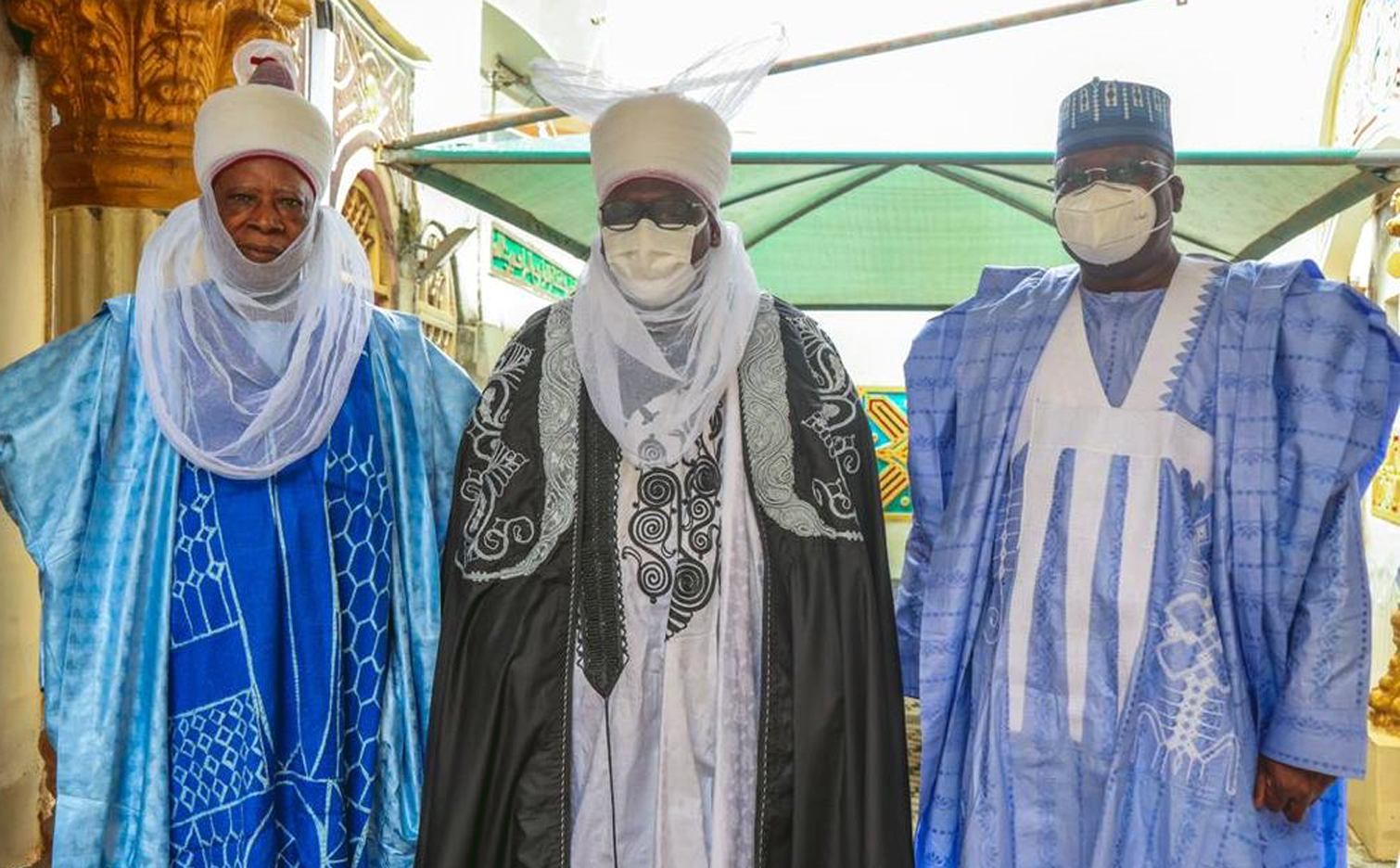
 Nation3 days ago
Nation3 days agoNasarawa Varsity Student Commits Suicide
-
Business3 days ago
Smuggled Rice Tops Seized Items List In 2025
-
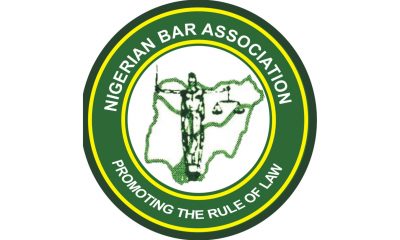
 News3 days ago
News3 days agoNBA President Sues For Workers’ Protection, Better Wage
-

 Opinion3 days ago
Opinion3 days agoEnding Malaria Menace For Improved Health
-
Sports3 days ago
Arsenal Eye Special Performance In Paris
-

 News3 days ago
News3 days agoFG Licenses 11 New Private Universities

